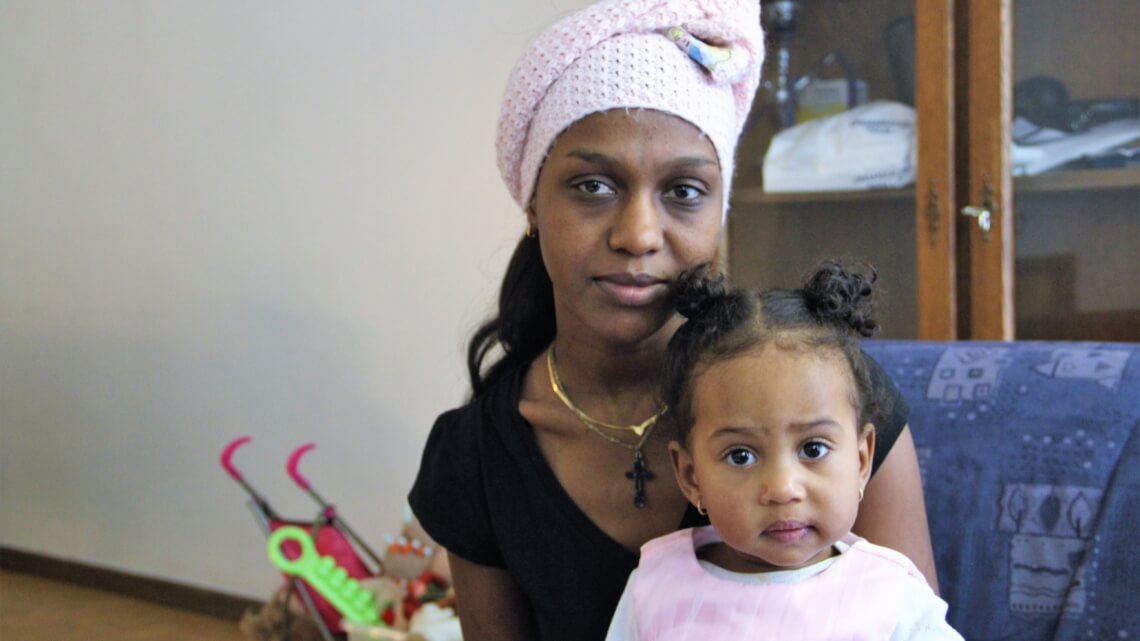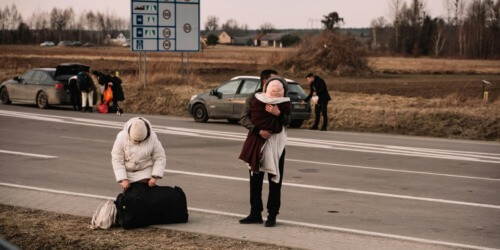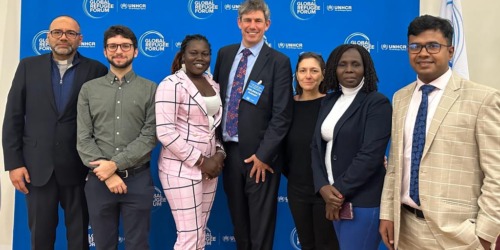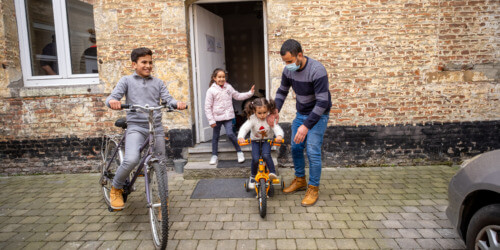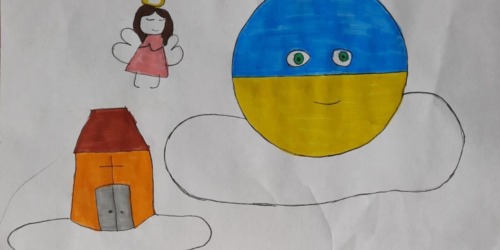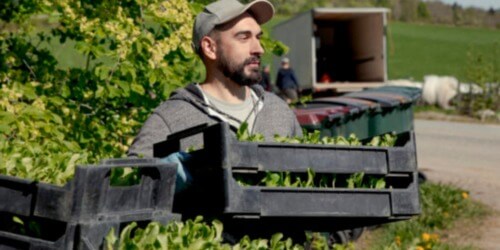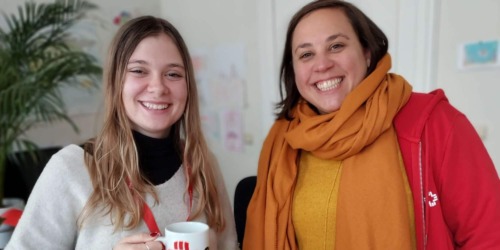“I like this neighborhood, the activities and the people here. There are also good caregivers near us,” says Amjet Singh, who lives in a Caritas vulnerable transition housing in Mechelen. “Our youngest son is 4 years old and has autism. Caritas has helped us find a school that suited his needs.”
WITH OR WITHOUT FAMILY
A few floors below the Singh family lives Hanna with her husband Daniel and their daughter Mehret. In Libya, Hannah found herself in the middle of a terrible accident in which she was the sole survivor. Yet now she has to live with constant abdominal pain, hip prosthesis and memory problems. Sitting on her knees, Mehret (Hanna’s daughter) seems shy in her pink princess dress. “She received it for her first birthday,” says Hanna. “We made a pie and put a candle on it. But I don’t remember everything… I do remember that I was very concerned for the interview that we were going to have three days after [ed: interview with the Office of General Commissioner for Refugees and Stateless Persons].”
The doorbell labels on the doors of the different apartments do nothing to reveal the life stories of the residents. Distress and deprivation are part of the daily life for many of them, including 37-year-old Jadallah. He only sees his children through the framed identity photos that he hung up on his grey wall. “I have had no contact with them since the divorce,” he sighs. “I miss them every day but I don’t know where they are.”
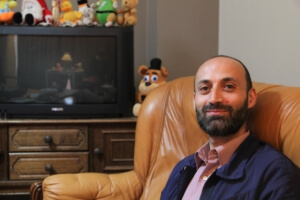
Zafirah[1], an 18-year-old young woman, also lives without her family and therefore shares Jadallah’s pain. Zafirah arrived in Belgium a few years ago. “I was 15 years old when I arrived and I knew nothing. Today, I’m 18 and in the last three years I’ve learned a lot more than I did the previous 10 years. I was alone without my family and without my mom, so I had to learn from other people. I hope that one day I can repay the favor and in turn help others.”
INDIVIDUALIZED SUPPORT
“We analyze the situation of the family and ensure that they are redirected to authorities so that they may live independently,” says Willem Gordts, an integration coach at Caritas. “These authorities may be the school, a psychologist, the medical security fund, the youth movement, or the bank.” The project is for all recognized refugees who have certain vulnerabilities that complicate their ability to live independently.
“When new residents arrive, I take them along,” adds Sevan, an intercultural mediator for Caritas. “I show them the supermarket, the pharmacy, the second-hand goods store, the doctor…so that they can find their bearings. I also accompany them during the first meetings, such as to the psychologist for example.”
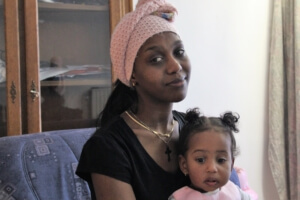
An intercultural mediator speaks the same language in a figurative sense, as he or she knows the reality of being a refugee in Belgium, with the cultural differences involved. “That way, they can better express their fears or concerns,” says Willem. “We are close to families and work to respond to individual needs.”
“In total, Caritas provides 40 homes in Mechelen, Liege, and Brussels. Everywhere, residents receive tailor-made support for a period of six months. “In such a short period of time, you can’t solve all the problems,” Willem says. “But we’re trying to strengthen these people so they can also keep moving without us.”
FINDING ACCOMMODATION
Going forward alone is not easy. Especially when it comes to finding permanent accommodation, adapted to your needs. Here too, Caritas supports in this search for housing on the private rental market.
The Singh family still succeeded: they found a house with three bedrooms and a large kitchen. This is ideal for Amjet and her husband, Armohn, who loves to cook. “We are professional cooks without a degree,” jokes Armohn. “At the reception center, we had prepared samosas for everyone – 520 pieces in 24 hours. We didn’t sleep that night.”
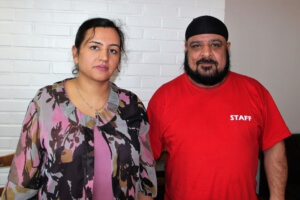
“It was difficult to convince the owner but ultimately it worked!” Smiles Amjet. “We have already lived in several places and are happy to be able to stay in Mechelen. It saves us from having to change the school children again…”
Zafirah also wants to stay in her school: “My school is the best: the teachers are so nice. I do math-science and I really like chemistry and math. Math is like a game. You don’t need language to understand.” As she is in school every day, Zafirah does not have much time to devote to her search for housing. A very complicated search: “When I call the owner and say that CPAS will pay, I am told no,” adds the young woman. “I wonder how I could show people I’m a good person.”
STEP BY STEP
When the life you are building has been turned upside down by violence, it is not easy to bounce back. The past can leave serious trauma with far-reaching consequences for the future. “Before, I had many dreams: a better life and going to school,” says Hannah. “This is no longer the case today…I just don’t want to hurt anymore. I can no longer dream of a future whatever it is.”
Yet Caritas tries, on a daily basis, to look to the future with residents and prepare them for it. Jadallah, for example, started his Dutch courses recently. “With Caritas, I have prepared my plan of action for the future,” he says. Learn Dutch, take the integration course, go to the employment center (VDAB), follow training and find work. You go step by step.”









